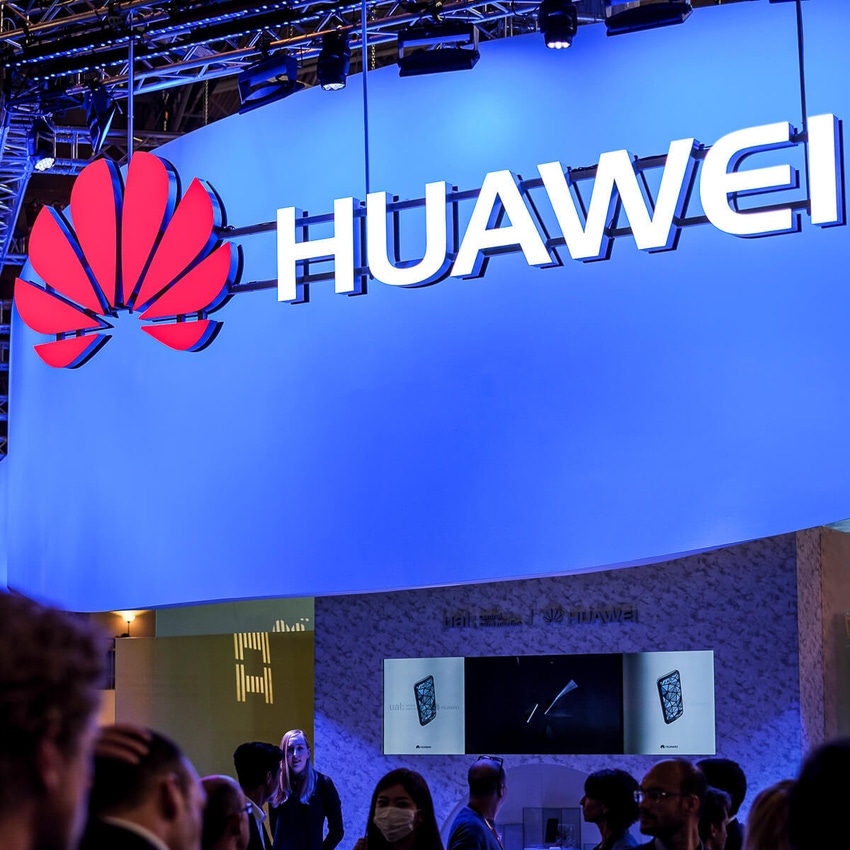Huawei, not giving up without a fight, is pivoting into car tech, with a massive licensing deal to let Volkswagen cars use its 4G IP.

Huawei has struck a licensing deal to let its 4G technologies be used in Volkswagen's connected vehicles in the biggest deal of its kind yet in the auto industry. On the one side is a German carmaker feeling the pinch of a global chip shortage which has not been ideal for the auto industry. On the other, enter the Chinese tech giant that needs to find things to do apart from making smartphones and traditional network equipment.
Figure 1:  Drive on: Huawei is finding solace in its patent cupboard, after signing the biggest licensing deal so far with Volkswagen.
Drive on: Huawei is finding solace in its patent cupboard, after signing the biggest licensing deal so far with Volkswagen.
(Source: Volkswagen)
The licensing deal is with an unnamed Volkswagen supplier, reportedly Luxembourg-based Rolling Wireless, a leading supplier of 4G and 5G network access devices to the motor industry. Huawei says it expects more than 30 million vehicles to be licensed under its patents, based on existing agreements. It has more than 100 patent license agreements in place.
Moves into cloud computing and software, including its HarmonyOS operating system, also figure large in Huawei's future plans. The HarmonyOS 2 upgrade, released on June 2, has clocked up 25 million users in just its first month.
Chinese takeaway by car
But cars, on the other hand, Shenzhen has been eyeing up since at least 2013. It set up an Internet of vehicles business unit that year, and also launched its first ME909T automotive module. This provides cars with 4G connectivity, currently up to 100Mbs. (In January 2019 it added a 5G chipset too, its Balong 5000.)
The first partnership with Volkswagen came in 2015, where the two companies explored research and design possibilities for vehicle Internet applications. Chipsets from Huawei's subsidiary Hisilicon began popping up in Audi and Mercedes-Benz vehicles from 2017. LiDARs, charging modules and in-car operating systems are other prongs of Huawei's attack on the auto industry.
In December 2020 it launched a 96-beam high-performance LiDAR. China's Arcfox self-driving vehicle marker was an early customer of Huawei's entire automotive menu, which included the LiDARs, Harmony OS and 5G chipsets for its Alpha S HBT.
Patent shoeleather
Huawei has said repeatedly it doesn't want to make its own electric vehicles, but prefers to provide components and license intellectual property. And with over 80,000 patents worldwide and 10,000 in the US, Huawei might think its intellectual property armory makes up for losses in political favor recently in the US and Europe. Last year, its 3,178 US patents ranked ahead of Microsoft and Apple, coming seventh overall globally.
Huawei's two trials against Verizon, one of which began yesterday in Marshall, Texas, represent an attempt to flex its muscles by asserting its licenses.
Want to know more about AI and automation? Check out our dedicated AI and automation channel here on
Light Reading.
Huawei had presented Verizon with a bill of over $1 billion in June 2019 for licenses for more than 230 of its patents. Verizon said the bill didn't meet the "fair, reasonable, and non-discriminatory" (or FRAND) test.
This test comes up when patent holders voluntarily let standard-setting organizations use their inventions in the standard. They don't need to do this, but if they do, their licensing demands have to be, well, FRAND. If Huawei wins its Texas two-shot poker, then it's more likely companies will choose to pay its bills.
Just as T-Mobile USA eventually did in 2017, settling a lawsuit when its licensing negotiations with Huawei broke down. And Ren Zhengfei's company is possibly showing a cunning understanding of games of chance.
If you can't beat 'em, just change the game.
Related posts:
— Pádraig Belton, contributing editor special to Light Reading
About the Author(s)
You May Also Like











